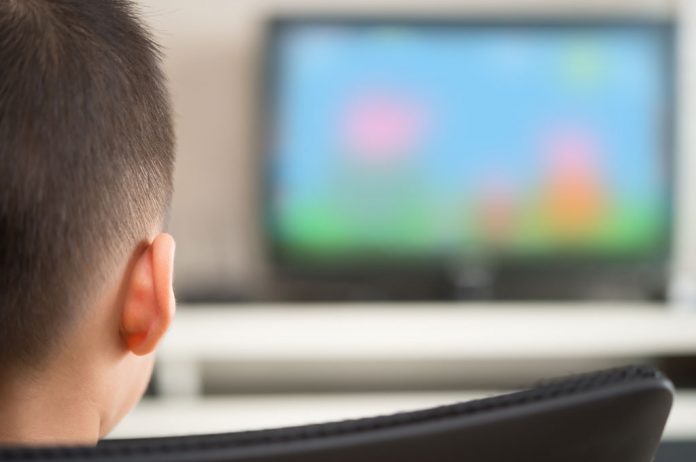Children with autism spectrum disorders (ASD) have trouble processing information they hear with what they see, according to a new study published in the Journal of Neuroscience.
Because children with ASD can have significant communication difficulties, researchers at Vanderbilt University wanted to know how well they process what they hear and see.
“There is a huge amount of effort and energy going into the treatment of children with autism, virtually none of it is based on a strong empirical foundation tied to sensory function,” lead author Mark Wallace, PhD, director of the Vanderbilt Brain Institute, said in a news release.
“If we can fix this deficit in early sensory function then maybe we can see benefits in language and communication and social interactions,” added Wallace.
Wallace and his team compared 32 typically developing children ages 6 to 18 with 32 high-functioning children with autism. The children were matched by age and IQ test scores.
Study participants were asked to complete a battery of computer-generated tests to determine how well they processed simultaneous visual and auditory stimuli. Wallace and his team used different types of audiovisual events such as simple flashes and beeps, more complex stimuli like a hammer hitting a nail, and speech stimuli, and asked the participants to indicate whether the auditory and visual events happened at the same time.
Study results showed that children with autism took about twice as long as typically developing children to pair sights and sounds. The problem seemed particularly acute for speech.
“It’s like they are watching a foreign movie that is badly dubbed – the auditory and visual signals do not match in their brains,” co-author Stephen Camarata, PhD, professor of hearing and speech sciences at Vanderbilt, explained in the news release.
It’s not hard to understand then, why children with autism have difficulty with language and social interactions.
“They’re perceiving the world in a really interesting and fragmented way, where the visual signal and auditory signal are sort of mismatched in time relative to one another,” Wallace told HealthDay.
One expert who did not take part in the study was cautiously optimistic about the findings.
“Although it is premature to know whether the findings from the study will indeed lead to one or more new avenues of clinically significant research, the results do raise some interesting and potentially important questions about the relationship between autism spectrum disorders and deficits in the processing of complex sensory stimuli,” said Andrew Adesman, MD, chief of developmental and behavioral pediatrics at Steven & Alexandra Cohen Children’s Medical Center of New York in New Hyde Park.















